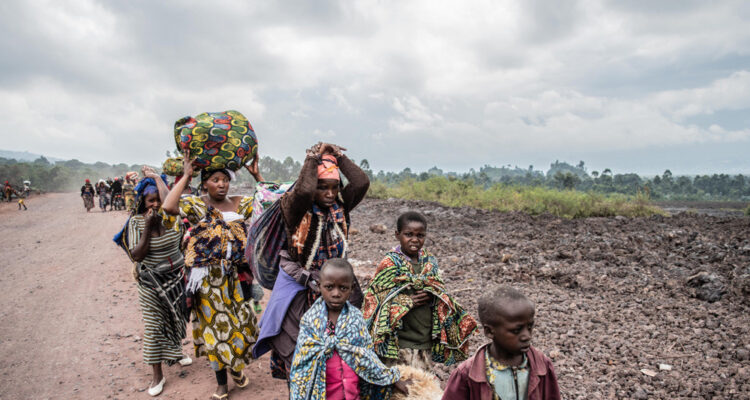If you have Instagram, TikTok or even Snapchat, I can guarantee that you’ve seen someone post an infographic or informational video on a world conflict. This became more common in 2020 with the start of COVID-19, the murder of George Floyd and the rise of movements like #MeToo and Black Lives Matter protests.
It’s been the general consensus, and I agree, that social media has been a great way to share information with people quickly and straightforwardly. Pew Research Center conducted a study on individual’s thoughts on social media activism, saying, “Some 64% of Americans feel that the statement ‘social media help give a voice to underrepresented groups’ describes these sites very or somewhat well.”
It’s an easier way to hear about protests that are happening, more minor details that major news corporations may not necessarily cover, and a way to hear from people directly impacted by the incident at hand. As Thai Jones from Columbia Magazine put it, social media shows us “the Internet’s power to amplify political outrage.”
I will not deny how important social media is for addressing world issues. What I am going to question is how social media activism is frequently used as a trend. There were often thousands of posts that flooded in when something horrific happened. Still, those posts trickled down rapidly days after the event until many people stopped addressing it altogether.
“It’s also an opportunity, if we’re honest, for easy activism. Like, if you post this Breonna Taylor thing, you let people know what it is you support, and you support justice for her, but it can become very performative,” said Lydia Kelow-Bennett, a professor of African Studies at the University of Michigan.
With the rise in social media activism came two waves of people. Some took their time in lockdown to learn about the state of the world and attempt to help; some saw others helping and wanted to jump in for the ride.
For example, pretending to want to help online rather than attending a protest is much easier. Dahlia Solomon of Next Generation Politics writes, “A lot of people have felt pressure to become ‘activists’ even if they didn’t actually care about the social issues they ‘advocated’ for, and those who failed to take a stance were subtly (and sometimes not subtly) ostracized for not caring.” She further goes on to say that people use social justice causes as a way to gain social media popularity.
Depending on your use, there’s a line to how much social media can do. Reposting news on your Instagram story will spread the word, but beyond sharing it, there’s not much else to help. And when people only share what they see others sharing, no one addresses the issue, making the conflict primarily forgotten in the public eye.
Last week, I was speaking to a friend from my hometown, who expressed her confusion on why she hadn’t heard about how bad the Israel and Gaza conflict had gotten. Personally, I have seen waves of others sharing infographics regarding the situation for years. Still, since the number of people addressing it online lowered (for a period of time), others came to believe that the conflict may not have been as serious. When the Russia and Ukraine war began, every Instagram story I tapped on or TikTok video I watched was regarding the war, and now, despite the war still going on, I haven’t seen a post in months.
There are ways social media can help beyond getting news across, if you use it correctly. For example, TikTok user Jourdan Louise created a TikTok filter titled “Filter for Good,” the funds she received from others using the filter would be donated to the people of Gaza. I found this a unique and great way to use social media to raise money to help others. Instagram also has a donate sticker to attach to Instagram stories to raise money directly for a nonprofit.
Our knowledge of the world heavily revolves around what the news tells us. So when we stop hearing news about something that is going on, we’re more likely to forget about it. I believe it is our responsibility to continue educating ourselves, even if the news stops reporting on the issue or if we stop seeing it all over our social media feeds.
For example, the humanitarian crisis in the Republic of Congo has yet to gain any social media attention or significant news attention, so many people are uneducated about what is happening there. This is extremely harmful to the people in Congo—they shouldn’t have to rely on help based on how much attention they are getting online.
Sharing stories can be a way to help if you don’t forget what you are sharing in a week or a month because mindlessly posting and reposting hurts social media activism. It’s hurting people involved in world conflicts. If you don’t have money to donate or you don’t know how else to help besides using the internet, the least you can do is not move on from what’s happening in the world. Our world in our phones is so little compared to what’s happening worldwide.


Leave a Reply